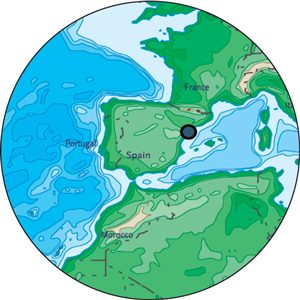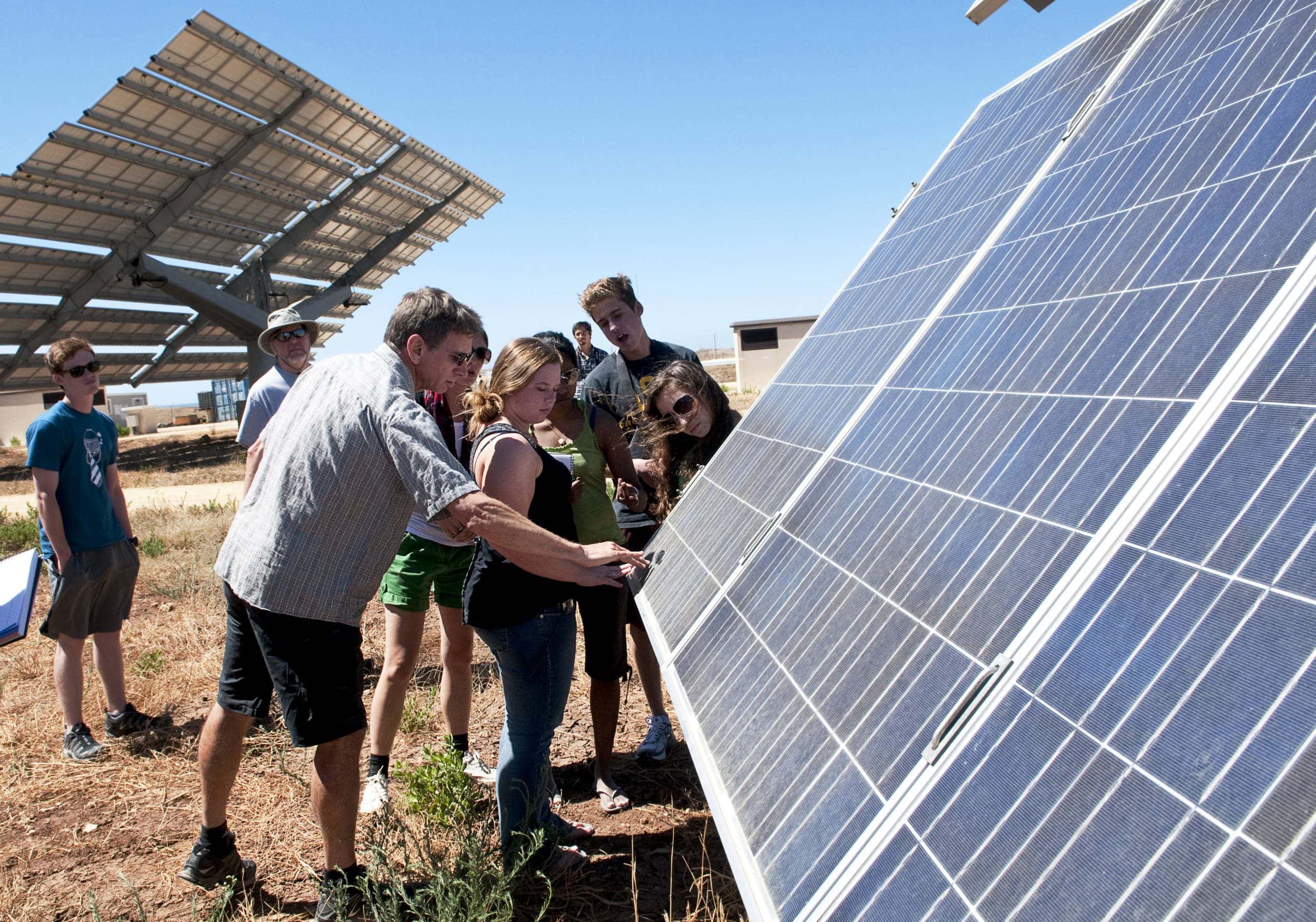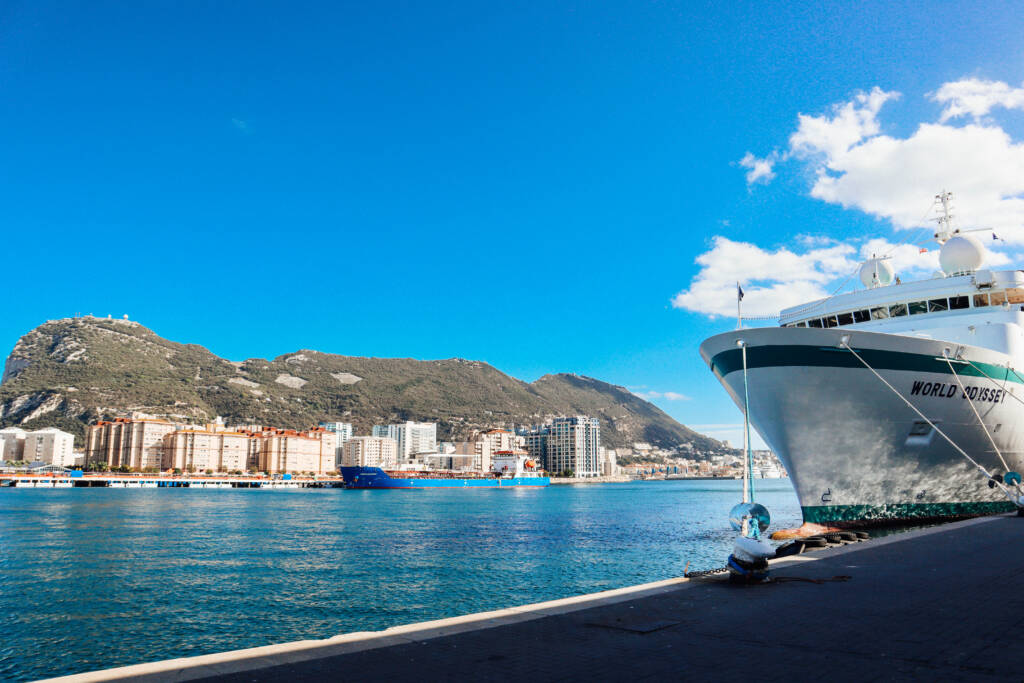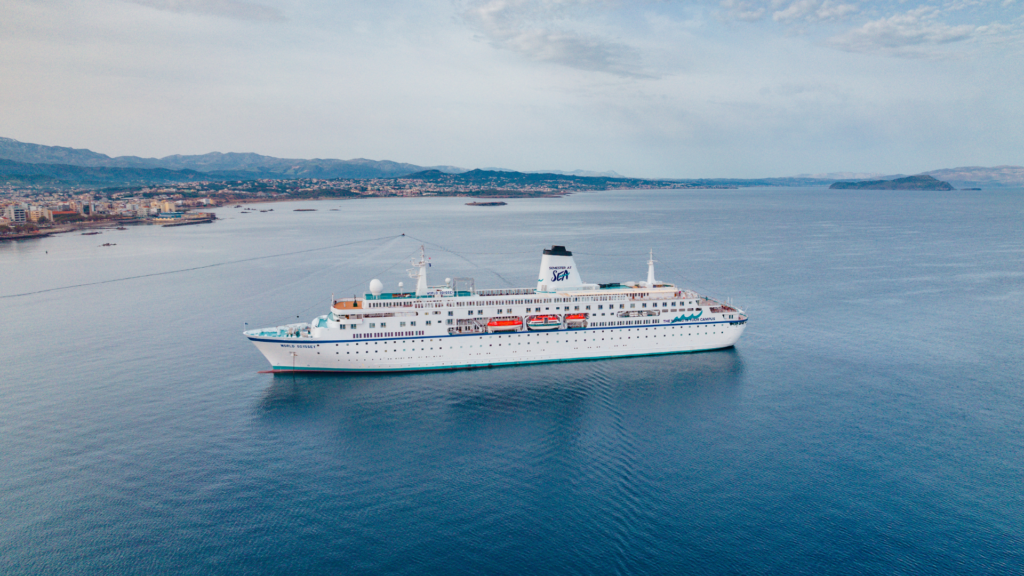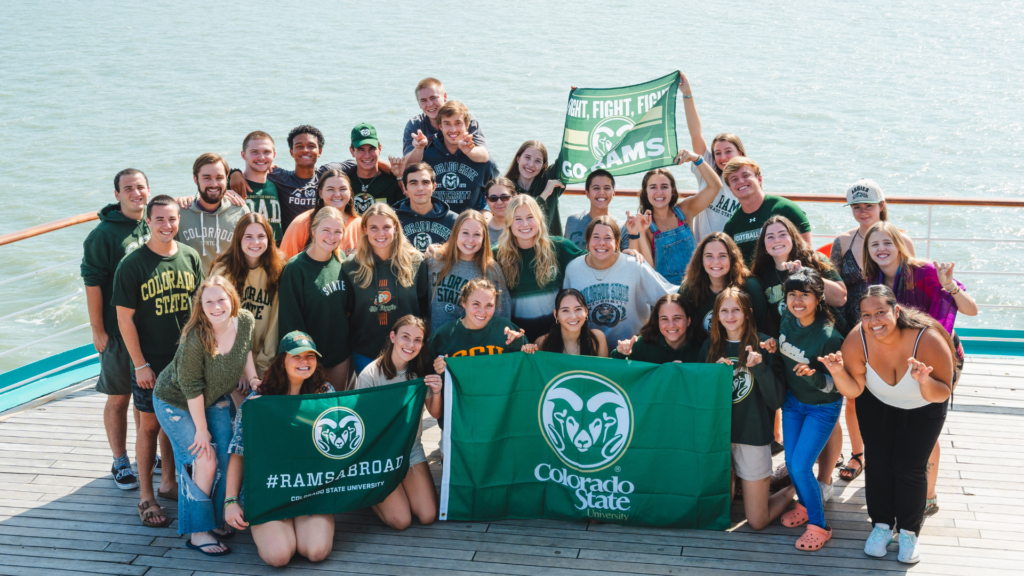Latitude: 41¬∫ 21′ N
Longitude: 2¬∫ 10′ E
Average Speed: 21 knots
Distance made good since embarkation: 3,728 nautical miles
Why Go To Spain?
The impact of Spain on the world resonates through the centuries, from its imperial past to its profound contributions to art and architecture to its leadership today in implementing renewable energy infrastructure. The Spanish economy has risen to 12th among all nations in GDP despite the effects of the global economic recession. Spain’s embrace of green energy such as wind and solar has made it a role model and case study for other countries poised to do the same.
Widely acknowledged to be a microcosm of the modern Europe, Barcelona is an ideal first stop for our Summer 2011 voyage, the 106th voyage of Semester at Sea.
Did You Know? Three Spanish courses are being taught on the summer voyage:
* Elementary Spanish (4 credits)
* Conversational Spanish (1 credit)
* Literatures in Spanish: Texts and Interpretation (3 credits)
Field Experience You Can’t Get On Your Home Campus
At ISE, we think that spending a term abroad should be seen as an integral part of your undergraduate academic experience. In every port on every voyage, students have the opportunity to travel with their professors to destinations in-country on faculty-directed practica. 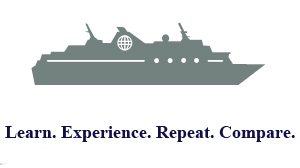 FDPs, as we call them, are the distinguishing element of the Semester at Sea academic experience. Here’s a good example of an FDP from Barcelona:
FDPs, as we call them, are the distinguishing element of the Semester at Sea academic experience. Here’s a good example of an FDP from Barcelona:
Led by Dr. William Lucy from the University of Virginia and connected to his course Green Urbanism, this FDP gives students the chance to examine first-hand the Port of Barcelona and the environmental context of its operation. FDPs are open to any SAS participant, regardless of whether they’re enrolled in the corresponding course. On this practicum, officials from the Spanish Department of Infrastructures and the Department of Environment will guide students behind the scenes of Spain’s third-busiest seaport while discussing the port’s current challenges and plans for evolution.
This is one of a series of FDPs led by Dr. Lucy on this voyage which explore the economic functions of Mediterranean ports and how sea level rise may impact economic activities and energy use in these ports. In this comparative survey, students will discover policies, facilities, and urban design which will enhance their understanding of the prospects for green urbanism in the United States.
Learn. Experience. Repeat. Compare. That’s the SAS formula. Just try doing that on your home campus.
Nobel Laureate and Old Friend To Pay a Visit To the Fall 2011 Voyage
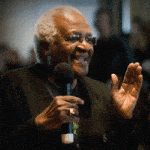 Archbishop Desmond Tutu has confirmed that he will visit the MV Explorer during its call on Cape Town September 23-28 and will address the shipboard community.
Archbishop Desmond Tutu has confirmed that he will visit the MV Explorer during its call on Cape Town September 23-28 and will address the shipboard community.
A long-time friend of the Semester at Sea program, Tutu received the Nobel Peace Prize in 1984 for his work in the movement to end apartheid. The Archbishop has participated in the Semester at Sea program on numerous occasions, sailing on the Spring 2007 and Fall 2010 voyages, as well as partial voyages in both 1984 and 2005. Cabins are still available for the fall voyage and applications are still being accepted.
